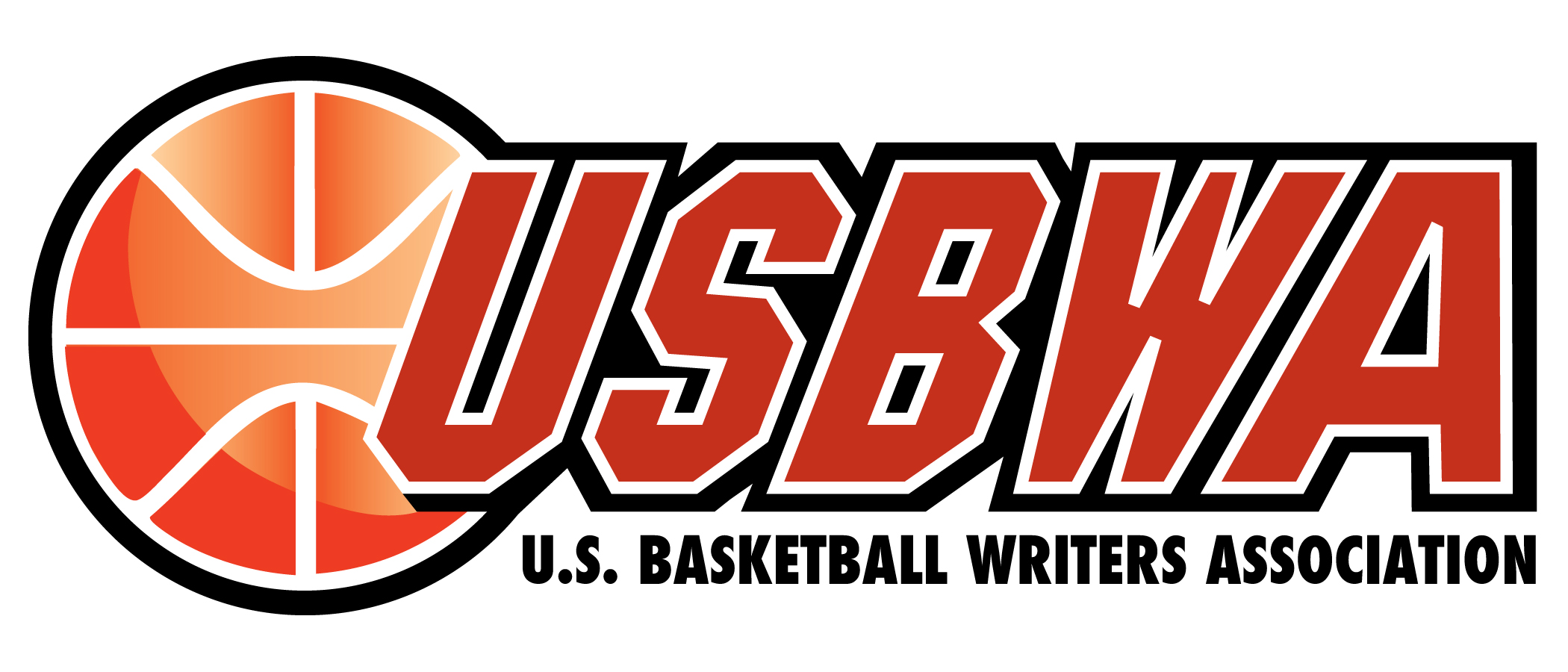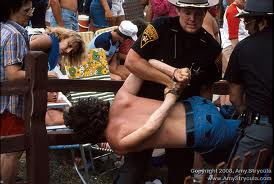how to deal with out-of-control fans....
| You pay your money for admission to
see a couple of hours of sports entertainment...
next thing you know you are in the middle of another
admission paying person who is using foul language,
chants, taunting, interfering with a contest, or a
fan rival. No one should have to simply put up
with such behaviors especially if you feel threaten
or take away from your personal enjoyment. The privilege of attending a game or event has been challenged in recent years by increasing perception that the purchase of a ticket somehow entitles the holder to any choice of behaviors, including may behaviors of concern. The problem of negative fan behavior has reached levels of concern in all sport venues and needs to be seriously addressed, at all levels. The American Athletic Institute through its mandated high school program, "Life of an Athlete," suggest a yellow card / red card warning system. The use of these cards are similar to soccer... yes! While others, such as the Albert
Lea district, published a set of standards that
spell out for players, coaches, students, parents
and community members the school district’s
expectations for good sportsmanship at
interscholastic athletic events. In their document,
players and their coaches and families were asked to
sign, before play commenced, a compact to uphold the
principles of appropriate behavior relative to each
group. A parent, for example, signs a promise not to
berate or taunt officials, coaches or opposing
teams; a coach signs a promise not to force athletes
to specialize too soon in one sport at the expense
of all others.  |
 |
.jpg) |
|
With increased training and a concerted focus on the issue, Collins says he has seen in San Francisco “far fewer” incident reports related to poor sportsmanship. While others handle things in a more hands-on legal way....
Senseless behavior can happen anywhere at just about anytime. DID YOU KNOW THAT AT MAJOR SPORTING EVENTS LIKE THE SUPERBOWL, THE USE OF HIDDEN CAMERA AND HIGH-TECH EQUIPMENT IS USED. ~click here for more As alarming as this assessment
is, it’s encouraging to know that dealing with
student athletes is among the easiest tasks a school
administrator faces when it comes to sportsmanship.
In some instances, school districts have had to
ban an out-of-control fan — or at least to civilly
escort him or her from the stadium or gymnasium
after an outburst of shamelessly uncivil behavior.
At a school board meeting in February, Susan Dudley,
the superintendent of the Edinburg, Ill., schools,
publicly shared one such incident that occurred
during a boys basketball game. |
| Tweet |
|

We are always
looking for additional people to submit stories, scores, stats, photos,
video, etc...
| NOTE: We are proud to announce that for the entire month of January, S.C. Fitch Enterprises, and all of its affiliates including Amateur Sports News Network, ASNN365.com, Amateur Sports Gallery and Kennel Sports Talk will be assisting THE 50 MILLION POUND CHALLENGE which means becoming part of something exciting, life-altering, historic, and tremendously beneficial! Not only for you, but to others in your family and community, as well as to future generations. Click here for more. |
FOLLOW US...
 |
 |
 |
 |
 |


